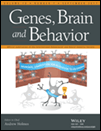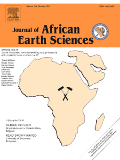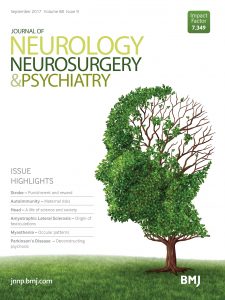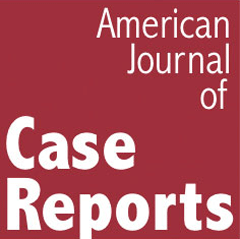
In 1980, Leila Tov-Ruach published a book chapter in which she thanked the editor of the book, Amélie Oksenberg Rorty, “for the hospitality that made the writing of this paper possible.”
Normally, such an acknowledgement wouldn’t raise eyebrows. But, the trouble is, Tov-Ruach and Rorty are the same person: Leila Tov-Ruach is a pseudonym for Rorty, an accomplished philosopher. The University of California Press (UC Press) officially outed Rorty as Leila Tov-Ruach when it issued corrections for two chapters she published decades ago under the pseudonym (1, 2).
The corrections explain the author of the chapters is Rorty, who also edited the two books in which the chapters appear. Although Rorty didn’t note in the original versions of the books that she is Tov-Ruach, she has not tried to hide her pseudonym either. She has acknowledged she is Tov-Ruach in her CV, and at least some philosophers know about the pseudonym (1, 2).
Why would a philosopher—who has an impressive publishing record that spans 50 years and, at 85 years old, is still a lecturer at Harvard—choose to write under a fake name?
Continue reading An accomplished philosopher invented a pseudonym. Why?

 In February 2016,
In February 2016, Got $300? Then you can be added as an author to a paper — even if you had no role in the research.
Got $300? Then you can be added as an author to a paper — even if you had no role in the research. 

 A group of researchers have retracted their 2016 case report about a rare dermatologic disorder in the wake of disputes about authorship and institutional approval.
A group of researchers have retracted their 2016 case report about a rare dermatologic disorder in the wake of disputes about authorship and institutional approval.

